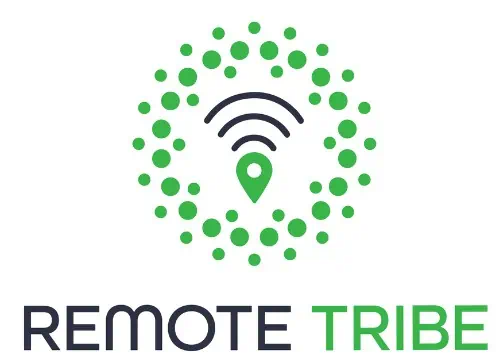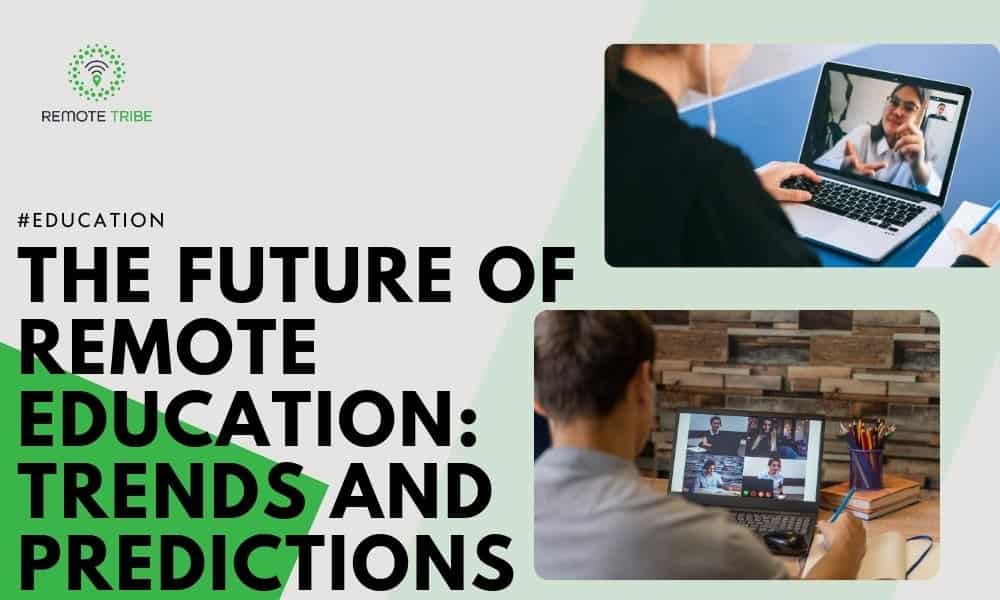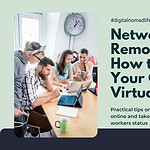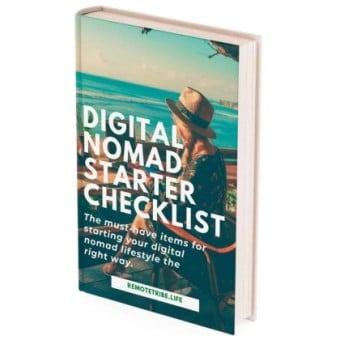The future of remote education promises more personalized learning experiences. Now, it keeps adapting to individual learning styles and needs. No doubt, remote education has the potential to make learning more accessible. By exploring upcoming trends, educators can better understand how to customize education and offer greater flexibility to their students. Such discussions are key to identifying strategies that can overcome barriers to inclusion.
One aspect that remains consistently in the focus of remote education is the support needed for students. Who doesn’t want to excel in their academic pursuits? This brings us to the valuable role played by online resources, including essay writing service EduBirdie, which is so popular now.
As we delve into the future of remote learning and its potential, we must recognize how EduBirdie and similar platforms complement these advancements. By providing students with assistance, EduBirdie exemplifies the kind of support that will become increasingly vital. Such services not only help students manage their time more effectively,. They also offer amazing guidance that enhances their learning experience. As we anticipate more personalized and flexible educational models, academic support services will undoubtedly play a crucial role in students’ lives. No doubt, they ensure academic excellence. You can even use their GPT essay helper to generate some ideas about your next essay. It has been generated by experts and can even be used to proofread your work.
Blockchain for Education Credentials
Imagine blockchain as this badass bouncer at the club of your academic records. Once your diploma or course completion gets past this bouncer and onto the blockchain list, it’s like being VIP for life. No one can mess with it, no one can pretend they’re you, and it sure as hell can’t be erased. How does it pull off this magic trick? Cryptographic hash functions. These bad boys take your credential’s info and turn it into a unique string of characters. Think of it as your academic DNA. If someone tries to mess with it, even a tiny bit, the hash goes haywire, screaming “tamper alert!”

But wait, it gets cooler. Blockchain isn’t a system where one guy has all the power. No! It’s decentralized, meaning it’s spread out across a network of computers, each holding a copy of your indestructible academic record. To add anything new, like your latest degree, a consensus is needed from the majority of these computers. It’s democracy in action, folks, making the system a tough nut to crack for any would-be fraudsters or hackers.
And, let’s talk about smart contracts because they’re the real MVPs here. Think of how you ace a course, and bam, a smart contract kicks in, automating the whole “give this person their credentials” thing directly onto your blockchain resume. No need for some admin to manually do it, which means less waiting around and fewer screw-ups.
Cloud Computing

What if schools and universities could tap into an endless stream of computing power without ever buying a single server or tangling with a mess of cables? That’s Infrastructure as a Service (IaaS) for you. It can be compared to renting an infinitely expandable lego set for your tech needs. And here, you only pay for the pieces you actually play with. Picture the madness during exam season, where online platforms are swamped with stressed students. Schools can just crank up their digital juice on-demand.
Then, Platform as a Service (PaaS) helps spin up learning management systems or student databases with a few flicks of a wand, minus the headache of dealing with the potion ingredients (a.k.a. the backend tech stuff).
Lastly, we’ve got Software as a Service (SaaS), the buffet of the software world. It’s where education gets to feast on an all-you-can-eat spread of applications, from the brainy corners of Canvas or Blackboard to the productivity powerhouses like Google Workspace or Microsoft Office 365. All of this is served up over the internet, no heavy lifting required. It’s the ultimate bring-your-own-device party, where learning jumps out of the classroom and into the palms of students and teachers, anywhere in the world.
Peer-to-Peer Learning Platforms
In a decentralized network of P2P learning every device is like a little handshake with each other, sharing bits of information directly. This setup means no single screw-up can take the whole system down. It’s resilient, just like your grandma’s old Nokia.
Then, we’ve got matching algorithms. They are hooking you up with the perfect study buddy based on what you suck at, what you rock at, and when you’re not asleep. It’s like Tinder, but for brainy stuff.
Communication tools? Video calls, chat rooms, digital whiteboards—it’s all there to make sure you and your new study pals can talk, scribble, and share like you’re in the same room, even if you’re in your PJs on different continents.
Now, onto the CMS—basically a fancy library where everyone can stash their study materials. You can throw in your notes, videos, or quizzes, tag them, and let the platform play matchmaker, connecting your content with learners who need it. It’s like having your own little educational Netflix.
Feedback and rating systems are where things get real. Finished a study session? Time to rate your peers like you’re judging a singing contest. This keeps everyone on their toes, striving to be the best tutor they can be, because nobody wants to be the Simon Cowell of learning.
Plus, gamification is a thing that makes it all addictive. Earning badges, leveling up—suddenly, you’re not just learning. You’re finding yourself on a quest for glory. It’s the carrot on a stick that keeps you coming back for more. So, P2P learning platforms are turning education on its head.
Final Thoughts
In wrapping up, it’s clear that the world of learning is getting a major upgrade. Now, essays are crafted with the help of AI and the collaborative platforms transform the dread of group research papers into something resembling actual fun. The student experience is on the cusp of something big. As we look ahead, the journey of a student will be more personalized, interactive, and, dare we say, enjoyable.










[…] Previous […]